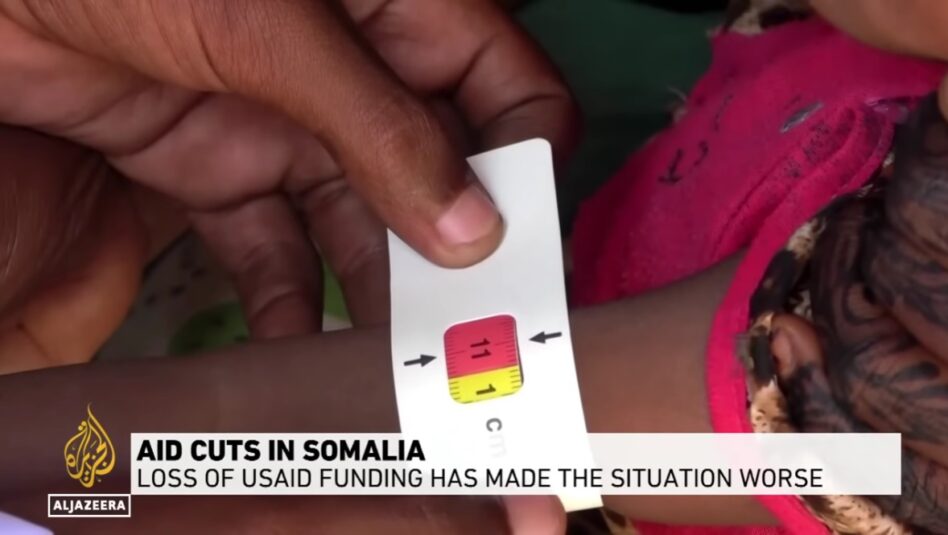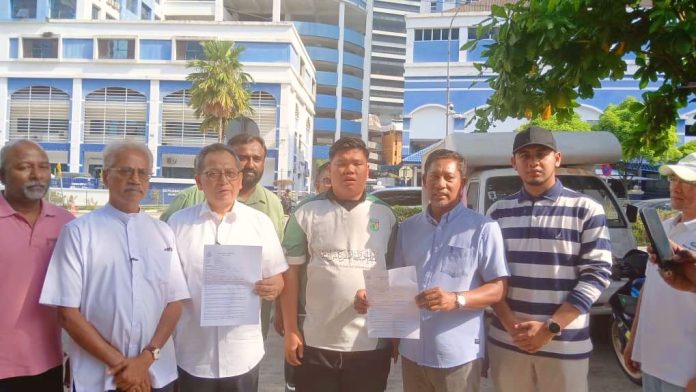IN announcing the 12th Malaysia Plan (RMK12) on Sept 27, Prime Minister Datuk Seri Najib Tun Razak stated that Malaysia will be carbon neutral as early as 2050 and that carbon pricing and a carbon tax will be introduced.
A carbon tax is welcomed provided it is priced and administered correctly, but we need to ask how the Government intends to achieve this ‘carbon neutrality” or rather what its definition of carbon neutrality is.
If it means what is often called “net zero emissions”, then this would refer to the attempt to attain a zero-sum balance of greenhouse gas (GHG) emissions produced and GHG emissions taken out of the atmosphere.
The issue with Net Zero and Carbon Trading
Of late, there is a global push for national “net zero 2050” targets which have emerged as a keystone strategy to combat global warming. Many valid concerns regarding “net zero” initiatives have arisen in recent years mainly tied to carbon trading.
The key critique is that the term is being used by a majority of climate polluting Governments and corporations to orchestrate escape clauses so as to evade responsibility, shift burdens, disguise climate inaction, and in some cases, even to scale up fossil fuel extraction, burning and emissions.
The term is used to greenwash business-as-usual or even more-business-than-usual.
In this light, it was with great concern that we noted that on Sept 18, the Environment and Water Ministry declared that Malaysia approved a Voluntary Carbon Market (VCM) and a Domestic Emissions Trading Scheme (DETS) designed apparently with a heavy corporate involvement component.
Many net-zero pledges are not grounded in deep decarbonisation and rely heavily on carbon markets to deliver carbon offsets mainly in developing countries.
Offsetting involves paying developing countries to do emissions reductions in their countries and buying the carbon credits to offset the emissions generated by the country paying for the offsets, instead of making real domestic reductions.
The net-zero pledges are essentially based on a theoretically flawed assumption that “net zero” will be “achieved” when there is a balance between sources of GHG emissions and sinks.
In reality, the carbon dioxide from fossil fuels being dug up and burned is additional to the carbon that is already cycling between the active pools.
Developing countries at risk
Carbon trading creates a huge demand for sinks mainly located in the forests, wetlands and grasslands in developing countries.
What the science shows is that the quantity of the sinks needed would exceed the sequestration capacity of the planet by several-fold.
The Intergovernmental Panel on Climate Change (IPCC) outlined that between 500 million and six billion hectares of land will be required in order to implement this dangerous carbon offsetting approach.
Developing countries are likely to be the target of this new focus on land use for mitigation.
This massive demand for land will eventually drive land grab, dispossession and displacement of indigenous communities, the poor and local communities in the Global South.
So-called “nature-based solutions” (NBS) are being used in the carbon offset game as sinks to sequester carbon emissions.
The precursor to NBS is the UN’s Reducing Emissions from Deforestation and Forest Degradation (REDD+) programme, which not only failed to reduce deforestation or emissions over the past twelve years but also badly affected local communities, especially by cutting off their access to agricultural lands and forests and contributing to land conflicts.
Malaysia should not fall prey to such NBS schemes.
In sum, climate trading detracts and derails the world from genuine and real climate solutions, and this counterfeit system must be deconstructed immediately.

Corporate-driven solutions never the answer
The INTERPOL, as early as 2013, warned that if financial instruments related to carbon trading became too complex, the world’s carbon markets could spark a financial crisis on par with 2008; stating that law enforcement agencies must be cautious of “carbon crimes”.
To quote Interpol: “Unlike traditional commodities, which at some time during the course of their market exchange must be physically delivered to someone, carbon credits do not represent a physical commodity but instead have been described as a legal fiction that is poorly understood by many sellers, buyers and traders”.
It is also not surprising that a large investor group found in its latest benchmark analysis that almost all of the corporate net zero pledges were both distant and hollow, in addition to the lack of information and transparency about methodologies to support their so-called decarbonising goals.
A recent study by a business consultancy found that the past two decades of corporate “sustainability” programmes have had a 98% failure rate.
So, it is unrealistic to expect corporations to voluntarily take actions that will impede or not bring them profits, and the Government should not rely on corporations as the main players in its proposed VCM and DETS programmes and should rely on people-driven solutions.
Along this line, the entanglement between net zero pledges and the gas industry is also deeply troubling. The International Energy Agency (IEA) states that exploitation and development of new oil and gas fields must stop this year and no new coal-fired power stations should be built if the world is to stay within “safe” limits of global warming.
Burning gas is the third most carbon-intensive method of generating electricity, and it leaks methane, a GHG 86 times more potent than carbon dioxide over a 20-year time period.
Malaysia should also not be distracted by geo-engineering and carbon capture and storage technologies that are not only ridiculously expensive and utilise (or rather waste) precious remaining natural resources but have not been tested let alone proven to work at scale anywhere in the world. – Oct 19, 2021.
The statement was written by the Climate Emergency Coalition of Malaysia.
The views expressed are solely of the author and do not necessarily reflect those of Focus Malaysia.
Pic credit: Malay Mail









